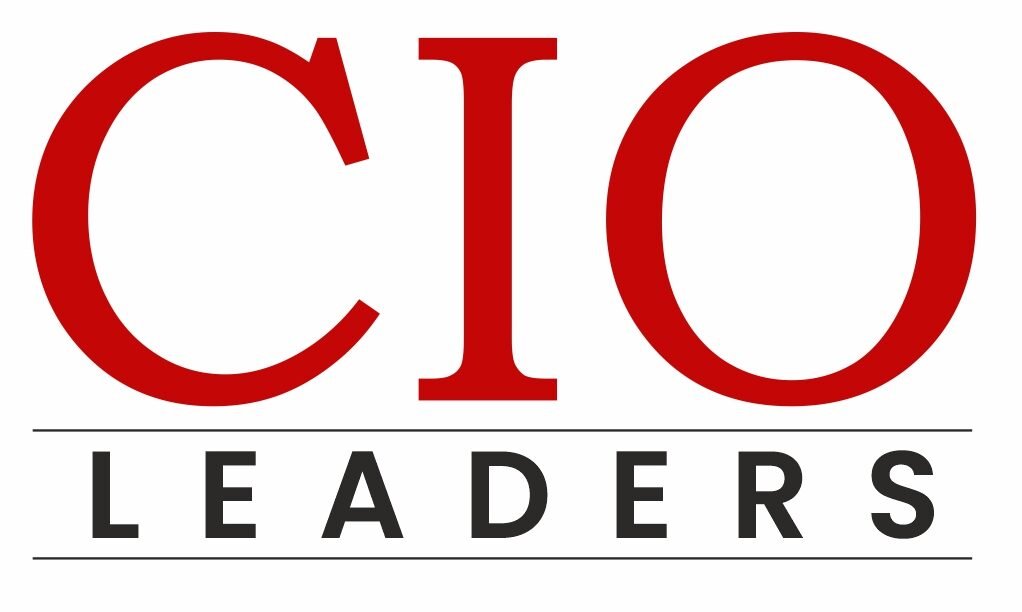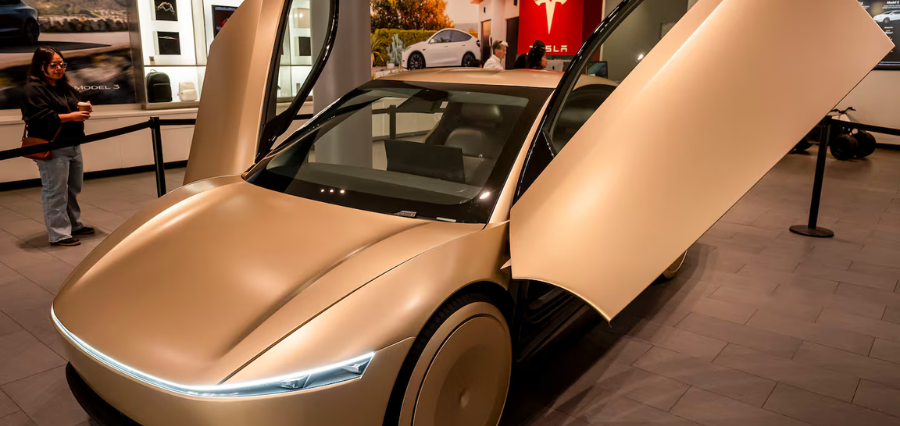Prime Highlights
- Tesla is in a legal battle over a public records request for information on its driverless robotaxi service in Austin.
- The company contends that releasing the information would be a disclosure of trade secrets and would hurt its competitive advantage.
Key Facts
- Tesla would like to keep emails and communications with Austin officials under wraps.
- Austin city officials referred the matter to the Texas Attorney General for a decision.
- U.S. regulators are also seeking information on Tesla’s robotaxi safety measures.
Key Background
Tesla’s robotaxi project is among its riskiest endeavors. The idea of an autonomous, fare-paying ride service was long ago hinted at by Elon Musk, but deployment in the real world is only just starting to roll out. In 2024, Tesla demonstrated a purpose-built robotaxi vehicle, and in early 2025, Musk announced Austin as the location for initial public trials.
In contrast to California, Texas does not have any special permits necessary to run self-driving cars. Because of this, it has become the preferred site for testing autonomous technologies. Austin city authorities have closely collaborated with Tesla by sharing local infrastructure information like school districts, emergency routes, and traffic patterns.
Based on internal plans by Tesla, the initial deployment in Austin will be restricted. 10 to 20 Tesla Model Y vehicles will function within a geofenced area. These vehicles will drive without safety drivers present, though supervised remotely by Tesla staff. This approach copies strategies by other autonomous vehicle manufacturers such as Waymo.
But Tesla’s record on automated driving has also caused concerns. Its “Full Self-Driving” and Autopilot systems have been implicated in a number of high-profile crashes, particularly during low-visibility conditions. This was the reason that the NHTSA ordered Tesla to submit a full safety plan on how these robotaxis will handle environmental hazards.
At the same time, Tesla’s attempt to shut out public access to its Austin communications is a sign of increasing delicacy about its long-term plans. That it is making a case that the documents contain trade secrets is proof of how central Austin is to its overall ambitions.
If successful, the robotaxi program could transform urban transport and lower expenses for passengers. Yet if there are accidents—or if regulators determine there are loopholes in Tesla’s approach—the ramifications may spread beyond Austin, slowing implementations in other cities and upsetting investor confidence.
Texas Attorney General’s ruling on the release of public records, along with NHTSA’s planned review, could establish the tempo and extent of Tesla’s robotaxi rollout in 2025 and beyond.
Read Also : Google Removes Assistant Settings Shortcut from Android App

